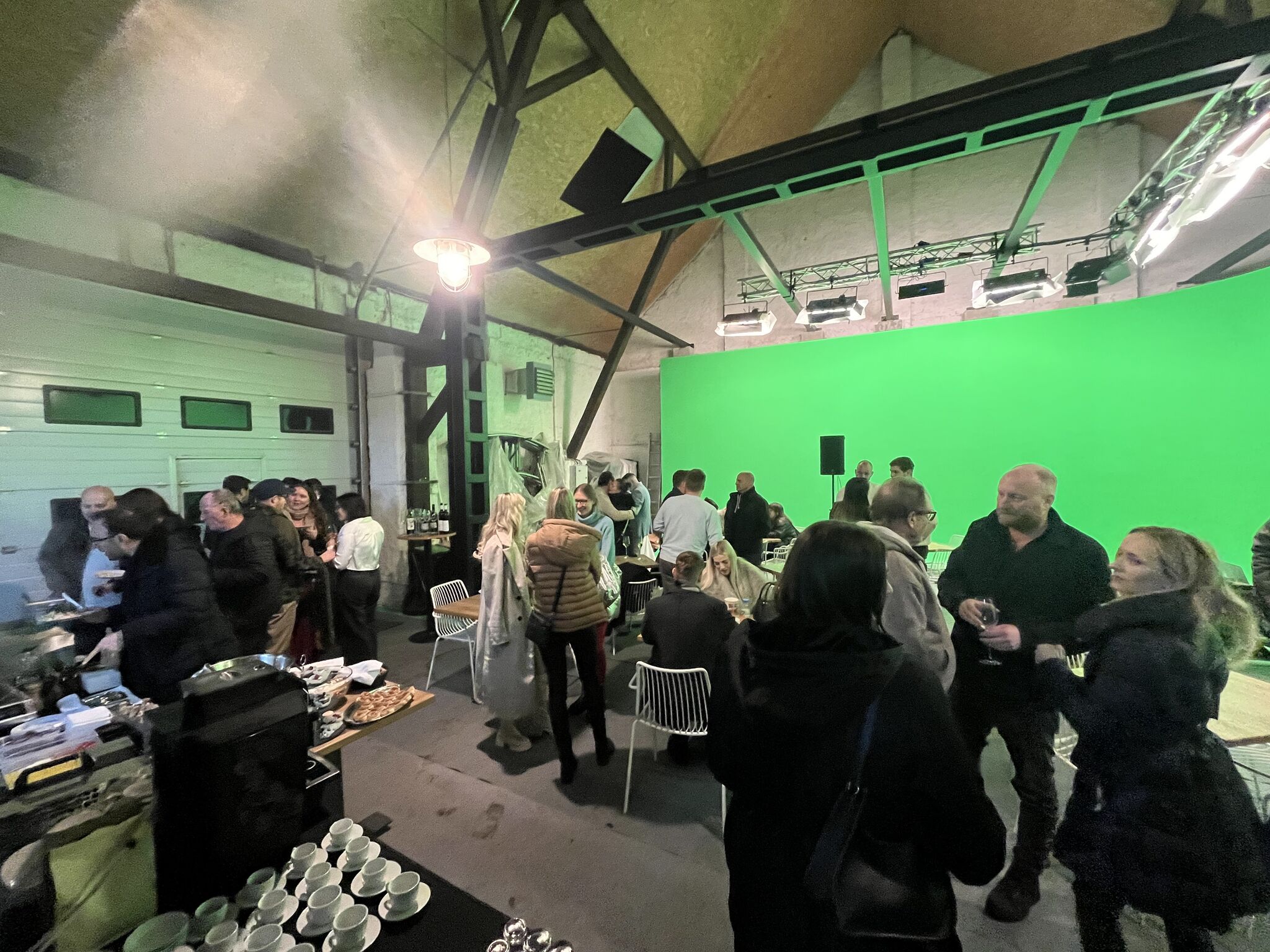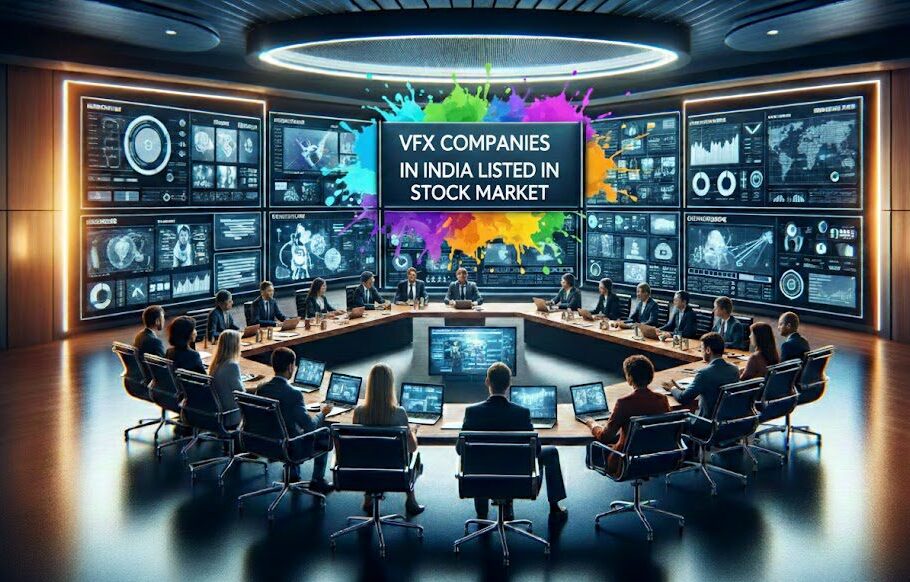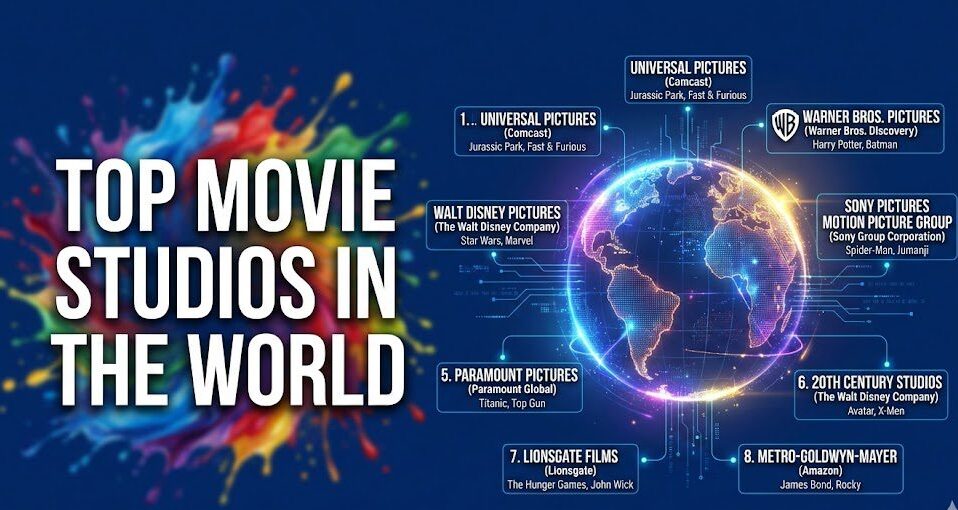Introduction
Production scheduling and tracking are essential pillars in the entertainment industry’s supply chain. Whether you’re a content producer, distributor, or post-production vendor, managing timelines effectively ensures project success, minimizes bottlenecks, and enhances collaboration across teams. This guide delves into the intricacies of production scheduling and tracking, highlighting challenges, best practices, and how platforms like Vitrina empower the entertainment ecosystem to stay ahead.
Gain Real-Time Production Insights

What Is Production Scheduling and Tracking?
Production scheduling involves planning the timeline and allocation of resources to ensure a project moves efficiently from pre-production to post-production. Tracking, on the other hand, focuses on monitoring progress in real time, identifying delays, and keeping all collaborators aligned. Together, they create a seamless workflow for complex film and TV productions.
With increasing complexities in global productions, teams need robust solutions that provide visibility across timelines, budgets, and resource management to avoid bottlenecks and costly delays.
Key Benefits of Production Scheduling
- Streamlined Workflows: Clear schedules align teams across departments and time zones, avoiding miscommunication and overlaps.
- Improved Resource Allocation: Proper planning optimizes resources, ensuring every dollar is spent wisely.
- Risk Mitigation: Identifying and addressing bottlenecks early minimizes delays and production risks.
- Enhanced Collaboration: A unified tracking system keeps stakeholders on the same page, fostering teamwork.
- Timely Deliveries: Meeting deadlines is crucial in a competitive entertainment ecosystem.
Challenges in Production Scheduling and Tracking
- Global Collaborations: Managing schedules across geographies with different time zones can be daunting.
- Data Silos: Disconnected tools often lead to miscommunication and errors.
- Frequent Changes: Last-minute creative changes or external disruptions can throw schedules off track.
- Resource Management: Overlapping commitments often lead to resource shortages or inefficiencies.
- Lack of Visibility: Real-time updates are critical, but many teams struggle with outdated or inaccurate tools.
Start Tracking Smarter

Best Practices for Effective Scheduling and Tracking
- Adopt Digital Tools: Use platforms that centralize schedules and tracking, offering transparency and efficiency.
- Regular Updates: Ensure schedules are updated frequently to reflect changes and avoid surprises.
- Collaborate Across Teams: Encourage communication across departments to minimize gaps in understanding.
- Leverage Automation: Automate repetitive tasks like notifications and resource allocation for better efficiency.
- Monitor Key Metrics: Track progress against milestones to identify risks and course-correct as needed.
How Vitrina Simplifies Production Tracking
Vitrina’s Global Film+TV Projects Tracker is a game-changer in production scheduling and tracking. Here’s how it empowers entertainment professionals:
- Daily Updates: Stay informed with real-time project data updated daily, ensuring accuracy.
- Deep Metadata Integration: Access granular insights into collaborators, project stages, and leadership.
- Global Coverage: Track projects and partners across 100 countries for unmatched market intelligence.
- Collaborator Mapping: Identify key decision-makers and streamline outreach to secure partnerships.
- Custom API Solutions: Integrate tracking insights into your CRM or sales systems for seamless workflow management.
With Vitrina, production teams can eliminate guesswork and focus on delivering exceptional content.
Conclusion
Production scheduling and tracking are non-negotiable for success in the fast-paced entertainment industry. By adopting digital tools and centralized platforms like Vitrina, teams can streamline operations, mitigate risks, and ensure timely deliveries. Whether you’re a content producer, distributor, or vendor, having the right tools at your disposal can make all the difference.
Frequently Asked Questions
Production scheduling ensures projects stay on track, resources are allocated effectively, and deadlines are met, reducing the risk of costly delays.
Teams often struggle with global coordination, data silos, frequent changes, and lack of visibility in project progress.
Vitrina offers real-time updates, deep metadata integration, global coverage, and API solutions, enabling seamless project tracking and collaboration.

































